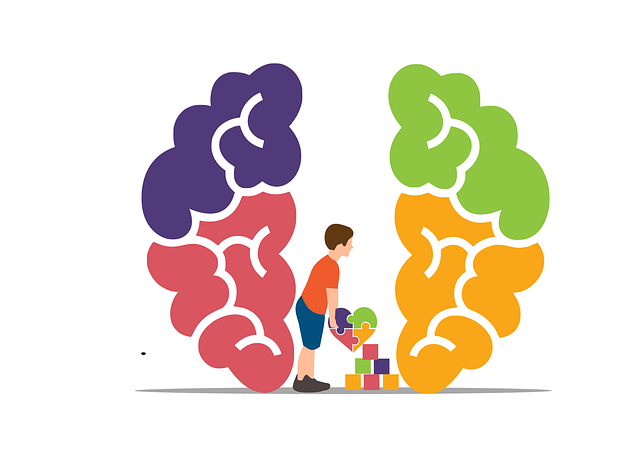Longmont International Adoptions Therapy tackles burnout among healthcare professionals through holistic approaches. They acknowledge the unique challenges of high-stress environments and long hours, promoting proactive self-care routines and risk management planning. Key strategies include work-life balance policies, emotional intelligence integration, peer support networks, mental wellness resources, flexible work arrangements, and specialized programs focusing on self-awareness and stress management. This holistic approach strengthens resilience, enhances well-being, improves coping mechanisms, and ultimately contributes to better patient outcomes by keeping healthcare providers passionate, motivated, and high-performing.
Healthcare provider burnout is a growing concern, impacting both professionals and patients. This article explores effective prevention strategies inspired by the Longmont International Adoptions Therapy (LIAT) approach. We delve into creating sustainable work environments, fostering resilience, and promoting well-being to combat burnout. By understanding the unique challenges faced by healthcare providers, we can implement LIAT’s insights to enhance job satisfaction and reduce stress, ultimately benefiting both caregivers and patients.
- Understanding Burnout in Healthcare Providers: Longmont International Adoptions Therapy Perspective
- Strategies for Prevention: Creating a Sustainable Work Environment
- Fostering Resiliency and Well-being Among Healthcare Professionals
Understanding Burnout in Healthcare Providers: Longmont International Adoptions Therapy Perspective

Burnout among healthcare providers is a growing concern in the medical community, and it’s essential to understand this phenomenon from various perspectives. Longmont International Adoptions Therapy offers a unique viewpoint on burnout prevention, emphasizing holistic well-being. This therapy recognizes that healthcare professionals often juggle high-stress environments, long working hours, and emotional demands, which can lead to exhaustion and reduced job satisfaction.
The therapy highlights the importance of Self-Care Routine Development for Better Mental Health as a proactive measure. It encourages medical staff to prioritize their mental health by implementing Stress Reduction Methods, such as mindfulness practices, regular exercise, and adequate sleep. Additionally, Risk Management Planning for Mental Health Professionals is a key strategy to mitigate burnout risks. This involves setting boundaries, seeking support from colleagues or therapy, and developing resilience through effective coping mechanisms.
Strategies for Prevention: Creating a Sustainable Work Environment

Creating a sustainable work environment is a key strategy to prevent burnout among healthcare providers, especially in demanding settings like Longmont International Adoptions Therapy. This involves implementing policies and practices that promote work-life balance, reduce excessive workloads, and foster open communication. Incorporating elements of emotional intelligence into daily operations can significantly enhance this process.
For instance, encouraging regular check-ins between staff and supervisors allows for the early identification of burnout signs. Similarly, promoting peer support networks and providing access to mental wellness resources, such as a Mental Wellness Podcast Series Production, can help healthcare providers manage stress levels effectively. Additionally, creating flexible work arrangements and ensuring adequate breaks can contribute to a healthier, more resilient workforce at Longmont International Adoptions Therapy.
Fostering Resiliency and Well-being Among Healthcare Professionals

In the fast-paced and emotionally demanding field of healthcare, fostering resilience and well-being among professionals is paramount to prevent burnout. Longmont International Adoptions Therapy recognizes this critical aspect and offers specialized programs focused on inner strength development. By integrating self-awareness exercises and emotional intelligence training, these initiatives equip healthcare workers with essential tools to navigate stress, improve coping mechanisms, and enhance their ability to provide quality care.
Through tailored interventions, professionals can cultivate a sense of agency, learn effective strategies for managing workload and personal boundaries, and develop healthier ways of responding to challenging situations. This proactive approach not only strengthens individual resilience but also creates a more supportive work environment. By prioritizing self-care and emotional well-being, healthcare providers can sustain their passion, maintain high professional standards, and contribute to better patient outcomes in the long term.
Burnout among healthcare providers is a growing concern, but through implementing sustainable work environments and fostering resilience, we can create a healthier, more fulfilling profession. The strategies discussed, including those offered by Longmont International Adopts Therapy, emphasize the importance of self-care, work-life balance, and supportive communities for mitigating burnout. By prioritizing these aspects, we can ensure healthcare professionals remain motivated and dedicated to providing quality care for years to come.














